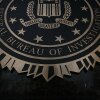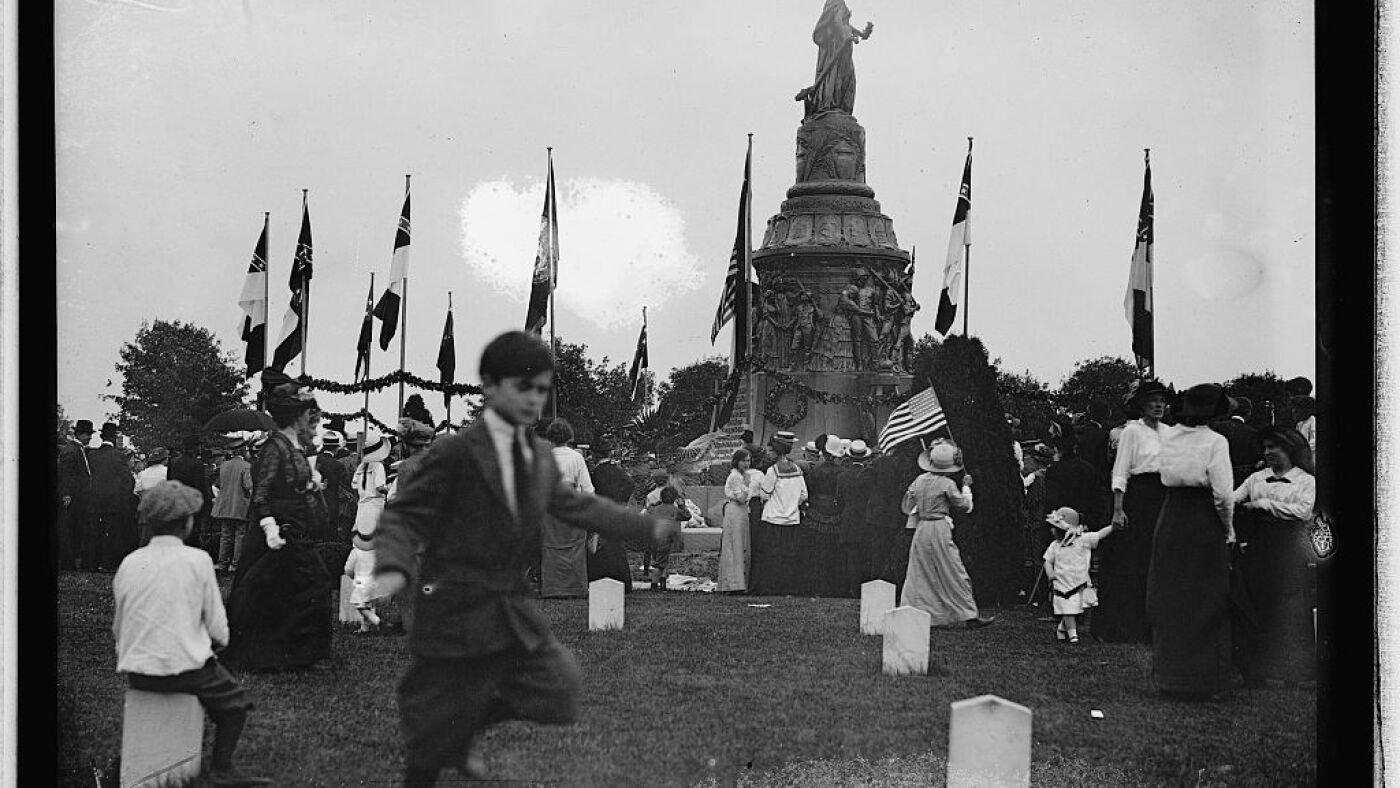
FBI Director Kash Patel speaks with Secretary of the Interior Doug Burgum last month. Jim Watson/AFP via Getty Images hide caption
toggle caption
Jim Watson/AFP via Getty Images
For years, Kash Patel was a fierce critic of the FBI and once even vowed to shut down its headquarters on Day 1 and turn it into a museum of the "deep state."
Now, Patel is the director of the very FBI he long criticized. Since taking the helm more than 100 days ago, Patel has yet to shutter the Hoover headquarters building and reopen it as a museum. But he has begun trying to remake the bureau in ways large and small.
He and his deputy, former Secret Service agent and right-wing podcaster Dan Bongino, have begun redeploying hundreds of agents and analysts out of the Washington, D.C., area to field offices across the country, while also shifting the FBI from some of its traditional law enforcement work to help with immigration enforcement.
At the same time, senior FBI agents have been pushed out under the Trump administration, depriving the agency of decades of knowledge and expertise at a time when neither the FBI director nor deputy director has any experience at the bureau or running a major law enforcement agency.
In a post on X last week, Bongino said he and Patel will soon have "most of our incoming reform teams in place."
"The hiring process can take a little bit of time, but we are approaching that finish line," he said. "This will help us both in doubling down on our reform agenda."
The enormity of the task before them — leading a 35,000-strong agency that investigates everything from foreign spies and terrorists to hackers, bank robbers and white collar criminals — appears to be settling in.
"We come in in the morning, there's a portfolio of 100 level 10 items. If it's a level nine, which is a pretty big frickin' deal, someone else fixed it," Bongino told Fox's Maria Bartiromo in a joint sit-down interview with Patel last month. "The only thing that gets to my desk or his is a level 10. That's the entire day."
In that same interview, Patel said his priorities for the bureau were crushing violent crime, defending the homeland, rigorous constitutional accountability and aggressive constitutional oversight with Congress. He also has promised a "wave of transparency," including on the investigation into possible ties between the 2016 Trump campaign and Russia and the death of disgraced financier Jeffrey Epstein.

Dan Bongino, now serving as FBI deputy director, photographed in Stuart, Fla., in 2021. The Washington Post/The Washington Post via Getty Im/Calla Kessler for The Washington Post via Getty Images hide caption
toggle caption
The Washington Post/The Washington Post via Getty Im/Calla Kessler for The Washington Post via Getty Images
Patel has begun to reorganize FBI's HQ
Before he became director, Patel frequently said he wanted to put more FBI employees out in the field. Now that he's in charge, he has begun doing so.
The bureau has started transferring people out of the Washington, D.C., area and redeploying them around the country. Patel has said the goal is to move around 1,500 people, which he says would be about 10% of the total number of FBI employees in the D.C. area.
Some of those people are being sent to the FBI's large campus in Huntsville, Ala., while others are heading to FBI offices across the country.
"We need some of those field operatives out in the field. We need some of those intelligence analysts out in the field," Patel told Congress last month. "We need their expertise in your states, in your counties, in your towns because the threat to this country in 2025 is everywhere, and we cannot quarterback that mission from Washington, D.C. alone."
NPR spoke with several current and former FBI officials for this story. Two of the former senior officials were generally supportive of this plan. They said the idea has been under consideration for a long time because headquarters had grown too large and cumbersome over the past 20-plus years.
And he's shifting agency priorities
Patel has repeatedly called violent crime a top FBI priority, although former officials say the bureau for decades has been focused on combating the problem.
Instead, the main change appears to be a shift to immigration enforcement, which is not a traditional FBI mission. Most field offices are now working on immigration enforcement, current and former officials say, and leadership is pushing to do it seven days a week.
There are concerns about potential ripple effects from pouring resources into immigration.
Two former senior FBI officials noted the bureau only has a finite amount of resources, and if agents and analysts are being put on immigration, they're being taken off of their regular mission, things like counterintelligence or counter-terrorism.
The former officials spoke on condition of anonymity for fear of retaliation.
A spokesman for the FBI, Ben Williamson, said the agency does not comment on specific personnel decisions. But he added that the bureau's "agents and support staff are dedicated professionals working around the clock to defend the homeland and crush violent crime — a mission which certainly overlaps with the consequences of the previous administration's open border policies for four years."
"We are proud to work with our interagency partners to keep the American people safe," he said.
Disbanded public corruption squad
While the FBI is throwing resources at immigration enforcement, current and former officials say the new leadership has has shifted focus away from investigating white collar crime.
The bureau, they say, has disbanded the premier public corruption squad, which investigates public officials and was run out of the Washington Field Office. The group was involved in the investigations of Trump.
One of the former senior FBI officials called the decision "baffling," adding that the FBI is the only federal agency that investigates public corruption, so if it's not doing it — then nobody is.
Another former senior FBI official said the message from these moves is clear: Public corruption is not a worthy investment of an agent's time.
This also follows the Justice Department's gutting of the Public Integrity Section, which prosecutes corruption including criminal conflicts of interest and people who profit from their government positions.
Bongino, meanwhile, has said the bureau will pour resources into three specific investigations into what he called "cases of potential public corruption" — the pipe bombs found near the Capitol on Jan. 6, 2021; the small bag of cocaine found at the White House in 2023; and the leak of the Supreme Court's Dobbs decision that overturned Roe v. Wade.
Bongino has in the past alleged on his podcast that the pipe bombs were "an inside job" and that the FBI knows who planted them.
None of those cases appear directly related to Patel's top priority of crushing violent crime, but they were investigated — although not all by the FBI — during the Biden administration.

 3 months ago
52
3 months ago
52




















































